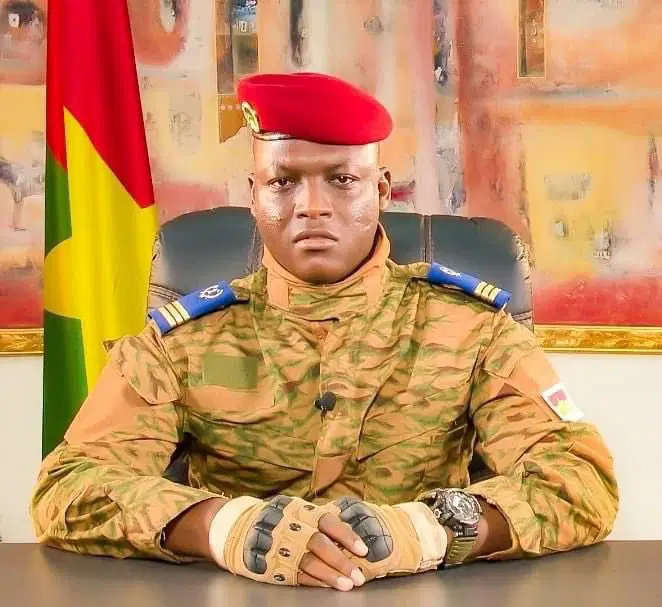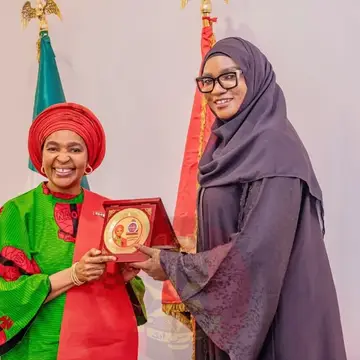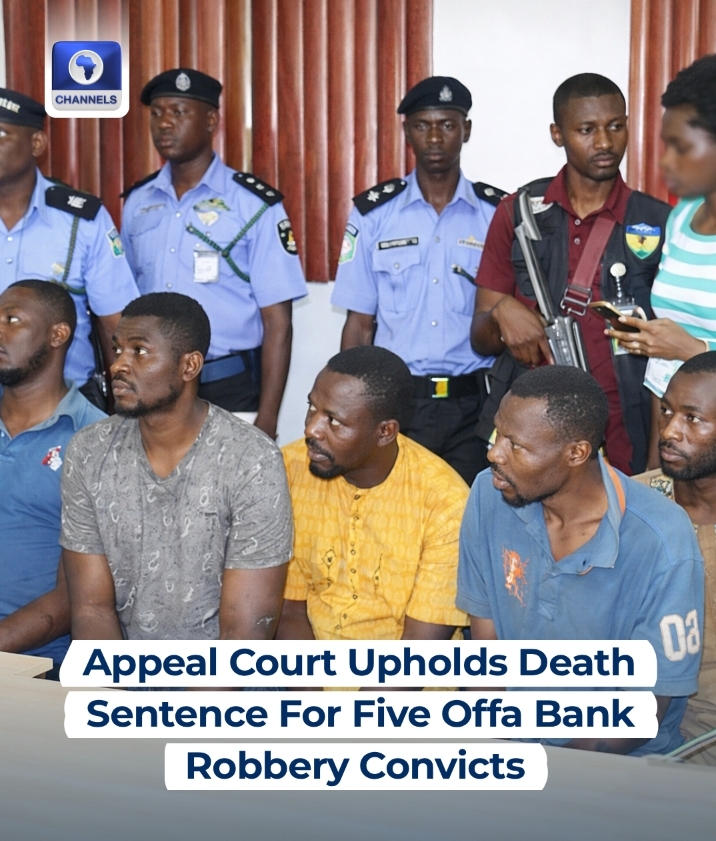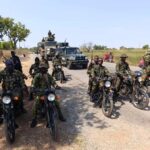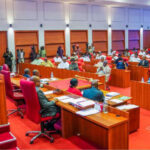FG Never Mandated Mamu to Negotiate With Terrorists, DSS Tells Court
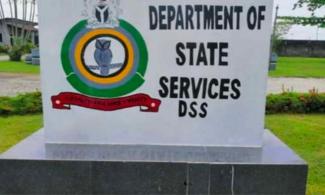
Fresh revelations emerged in Abuja as a witness from the Department of State Services (DSS) told the Federal High Court that the Federal Government did not mandate publisher Tukur Mamu to negotiate with the terrorists behind the 2022 Abuja–Kaduna train attack. The testimony came during the continuation of Mamu’s trial on charges bordering on terrorism financing, unlawful possession of arms, and assisting a terrorist group.
According to the DSS investigator, the government had already constituted an official negotiation structure under the Chief of Defence Staff’s Committee (CDS Committee), and no individual outside that framework was authorised to engage directly with the kidnappers.
The witness alleged that Mamu inserted himself into the negotiations, dealing with the terrorists and their intermediaries without approval and allegedly receiving ransom payments intended for the victims’ release.
The court heard claims that Mamu not only facilitated ransom payments but also communicated frequently with the terrorist group, confirming amounts, offering guidance, and using his position to influence the process.
The DSS further alleged that his lifestyle changed significantly during this period, which they suggested was evidence that he benefited financially from the transactions.
More serious accusations were also raised. Prosecutors told the court that Mamu was linked to helping the group set up an online platform for their operations and that he was found in possession of an unauthorised firearm at the time of his arrest.
Mamu, however, maintains his innocence. His legal team insists he acted as an intermediary only to help secure the release of abducted passengers and that he was never officially appointed by the government nor involved in wrongdoing.
He has separately challenged the Attorney General’s decision to publicly label him a terrorist while his trial is still underway, arguing that doing so violates his constitutional presumption of innocence.
The case continues to draw public attention given its connection to one of Nigeria’s most high-profile kidnapping incidents and the wider debate over the role of private negotiators in hostage-release efforts.
The trial is expected to continue with further cross-examination in the coming sessions.


